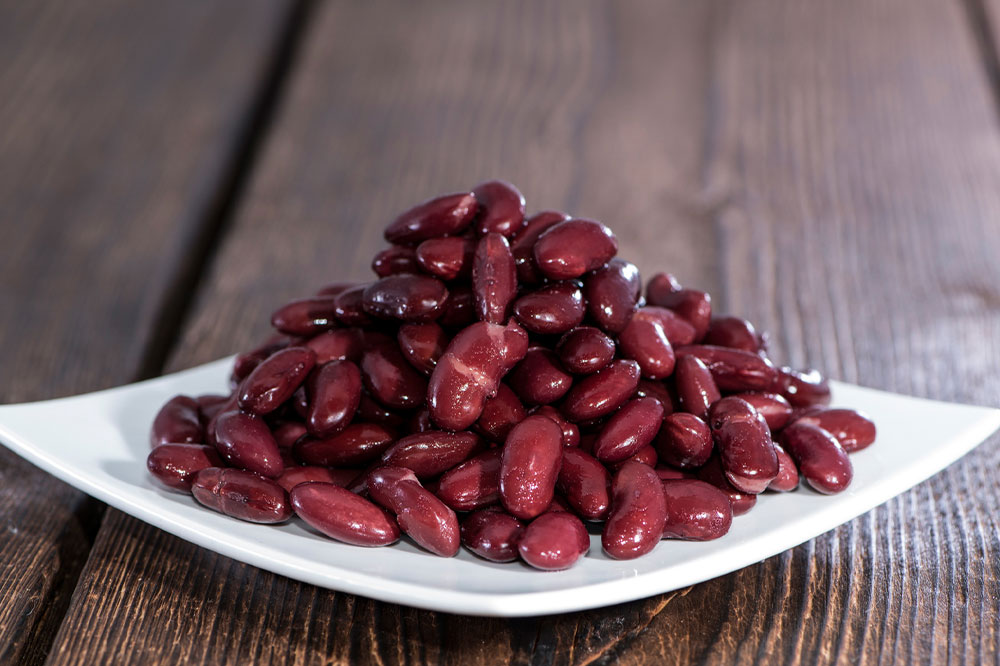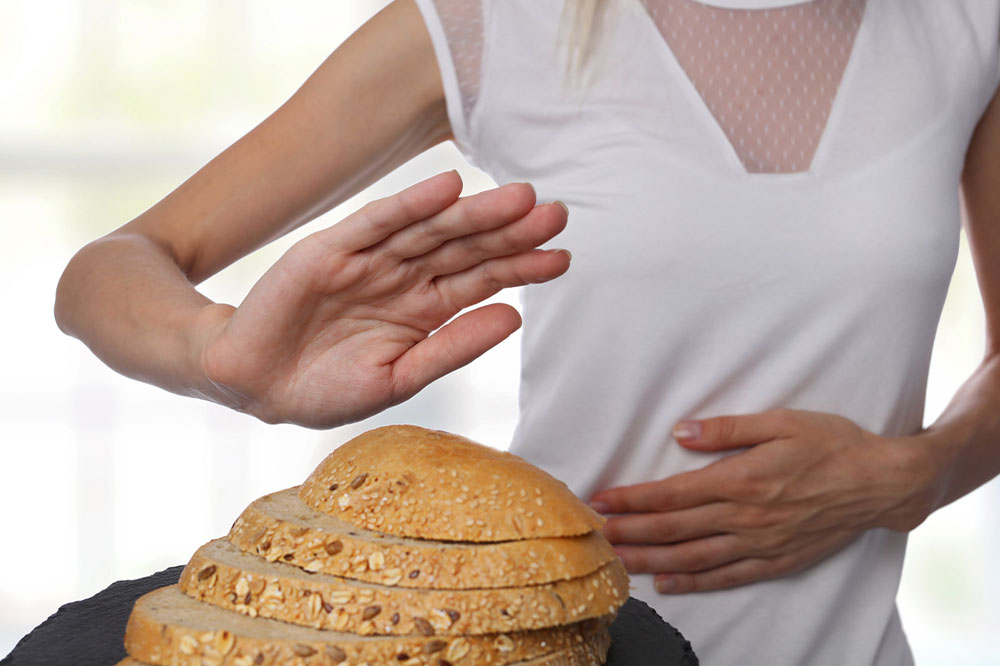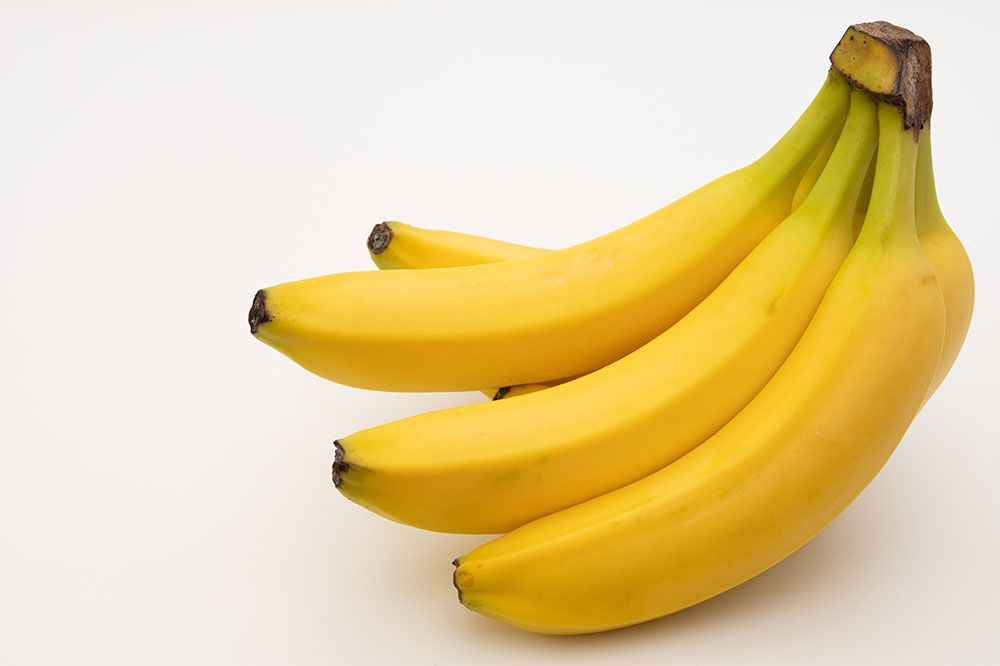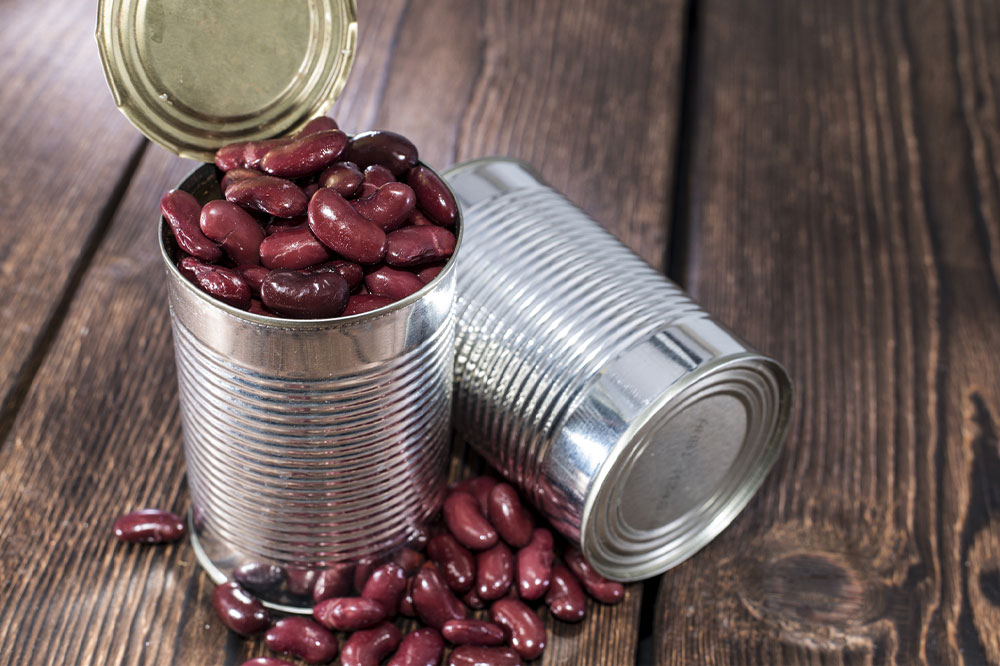
5 common health conditions that can cause muscle pain
Muscle pain, also known as myalgia, can affect the entire body or specific regions. Almost everyone experiences such pain at some point in their life. While it can be treated, knowing the cause is essential to develop a treatment plan. The pain could be triggered by various factors, including injury, trauma, and even severe diseases or infections. Read on to learn about the five most common health conditions that may cause muscle pain. Lupus Lupus is an autoimmune disease that causes inflammation and pain throughout the body. Muscle aches and pains are widespread in people with the condition. It is usually the first symptom that causes people to seek diagnosis and treatment. When lupus and muscle ache exist together, it is called lupus myositis. Patients may experience severe pain and inflammation in their shoulders, upper arms, hips, and thighs. This can make it difficult for them to get up from a chair, climb stairs, or brush their hair. Although muscles do not weaken in lupus, the pain can be intense. Multiple sclerosis This is an autoimmune disease that damages the nerves in the body. Sometimes, it affects the nerves that control muscle movement, causing acute pain. The muscles usually become stiff or weak and trigger painful muscle contractions.
Read More 










